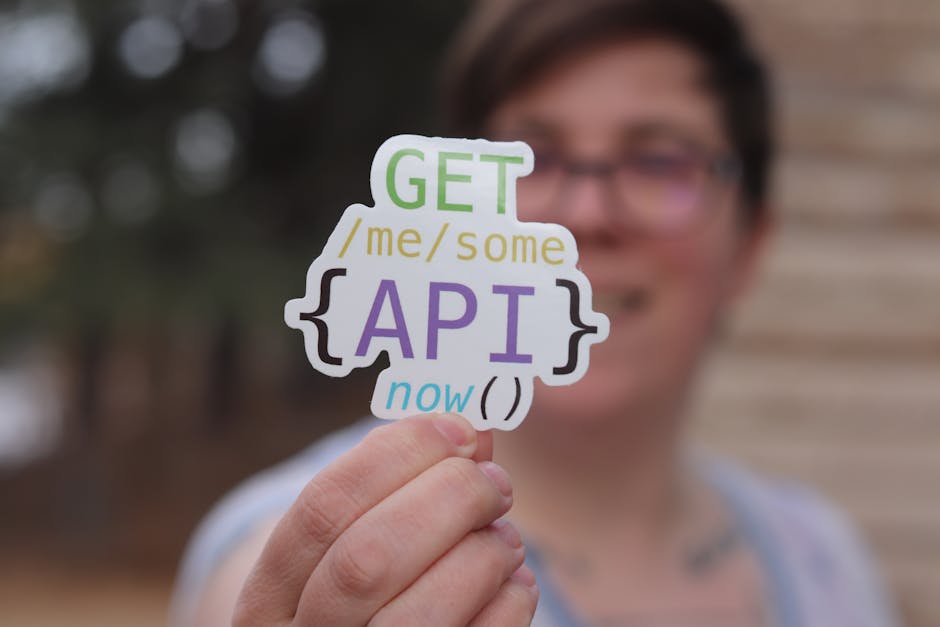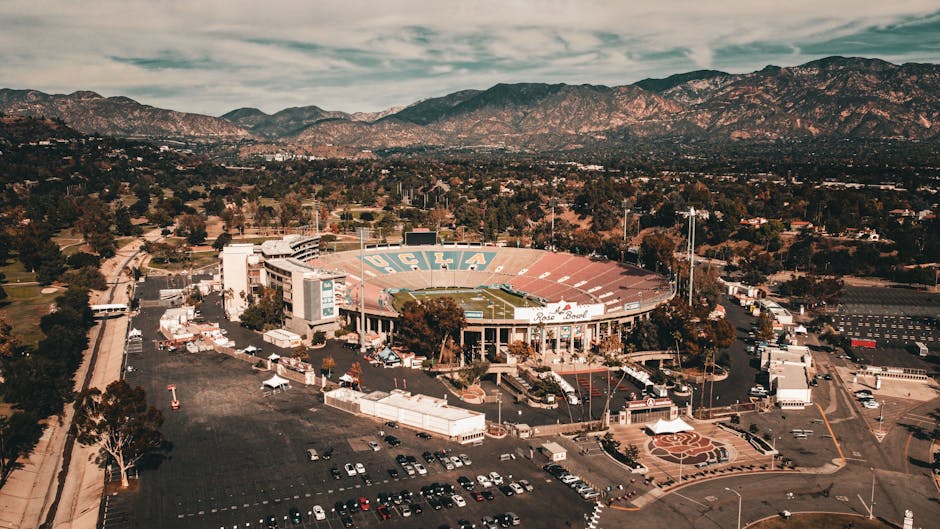Louisiana’s Harsh Parole System Meets Deportation Loophole
Louisiana, known for its tough parole restrictions, is now releasing incarcerated individuals early—but only to deport them. This controversial policy has drawn backlash for prioritizing immigration enforcement over rehabilitation, raising concerns about racial bias and systemic injustice.
The Parole Paradox: Locked Up or Shipped Out
Louisiana has one of the lowest parole grant rates in the U.S., approving just 20% of eligible applicants (Prison Policy Initiative). Yet, non-citizen inmates—many of them Hispanic and Black immigrants—are being fast-tracked for deportation, bypassing the usual parole process entirely.
Advocates say this exposes a double standard: while citizens remain imprisoned for years, non-citizens are released solely for removal, often without due process.
How Louisiana and ICE Are Working Together
The state’s Department of Public Safety and Corrections identifies non-citizen inmates and transfers them to ICE custody, sidestepping parole hearings. Critics argue this is less about justice and more about cost-cutting and political optics.
“Louisiana would rather expel people than rehabilitate them,” said María López, an immigration rights activist. “Deportation is an easy fix for a broken system.”
Racial Bias and Human Rights Concerns
- Disproportionate impact: Most deportees are Latino and Black immigrants, some convicted of minor offenses.
- Due process violations: Many weren’t given a chance to challenge their removal legally.
- Dangerous outcomes: Some face persecution or violence if deported.
“This targets marginalized communities,” said Derrick Johnson, a New Orleans advocate. “Citizens stay locked up; immigrants get expelled. Neither gets fairness.”
A National Trend—With a Louisiana Twist
Other states (Florida, Texas) also partner with ICE, but Louisiana’s strict parole laws make the contrast sharper. If the state can release people for deportation, why not for rehabilitation?
“This policy values exclusion over redemption,” said scholar Dr. Lisa Carter.
What’s Next for Louisiana’s Justice System?
Advocates demand:
1. Parole reform to offer second chances fairly.
2. Transparency in deportation-driven releases.
As families grapple with sudden deportations, one thing is clear: Louisiana’s system prioritizes expediency over justice.




